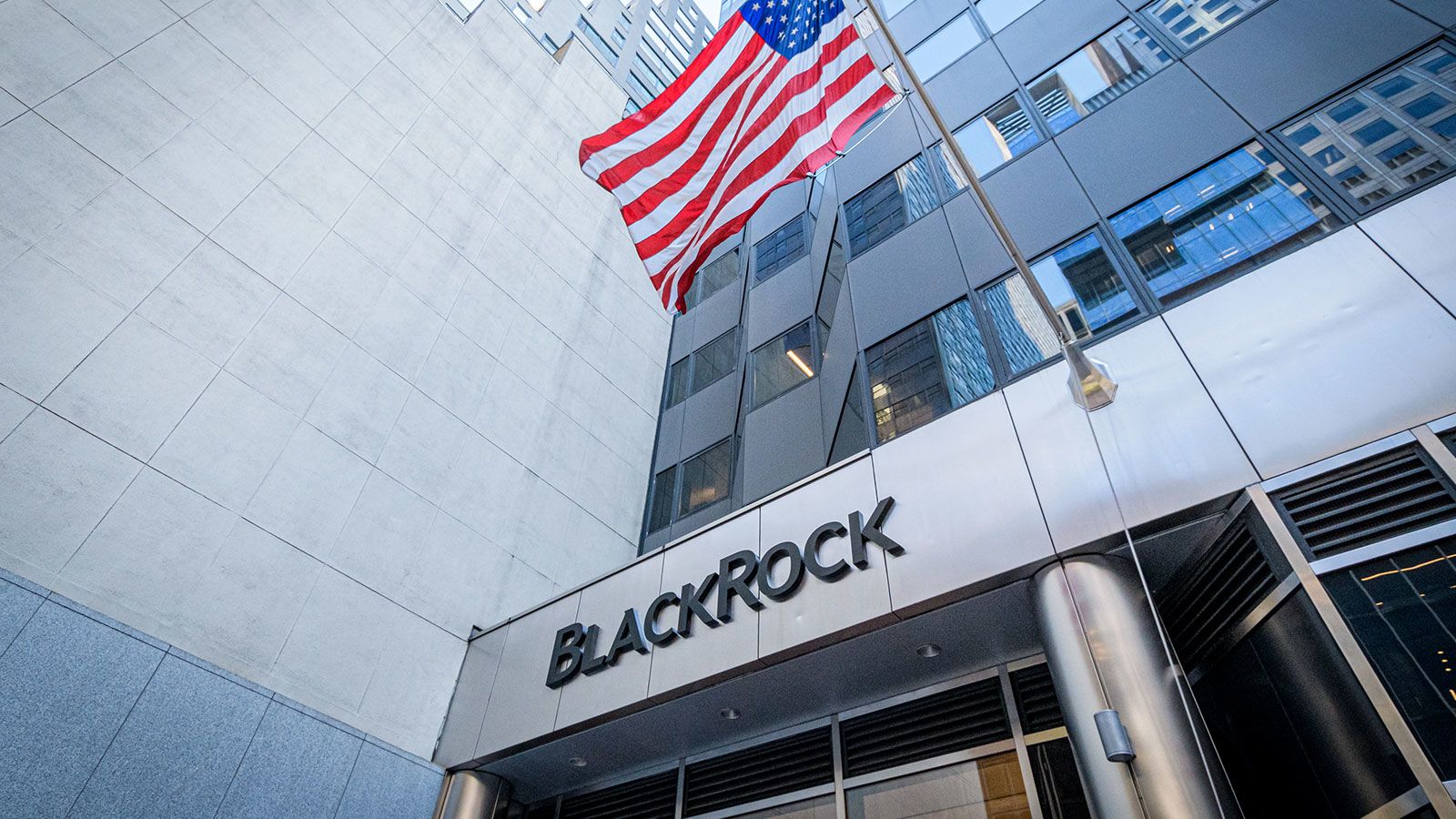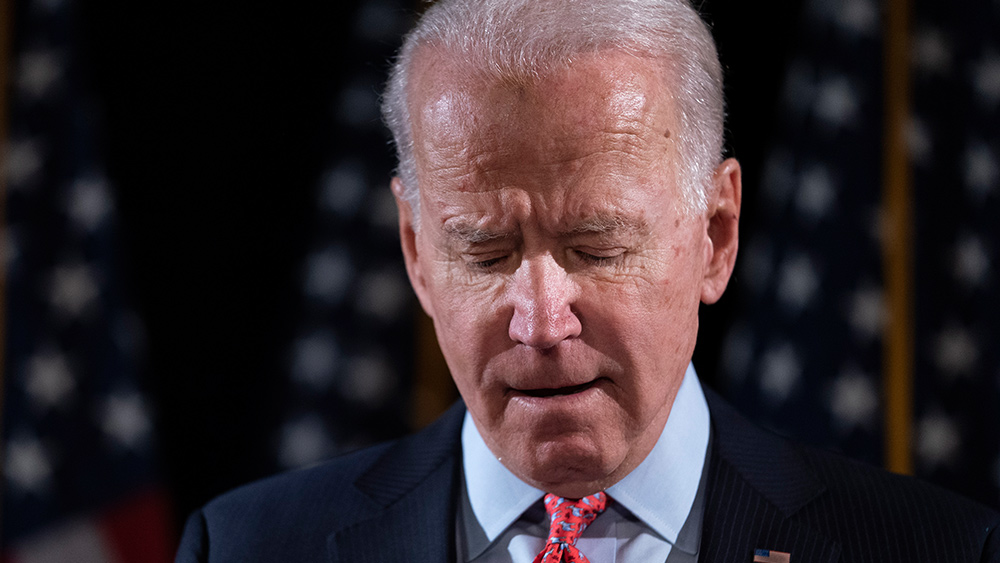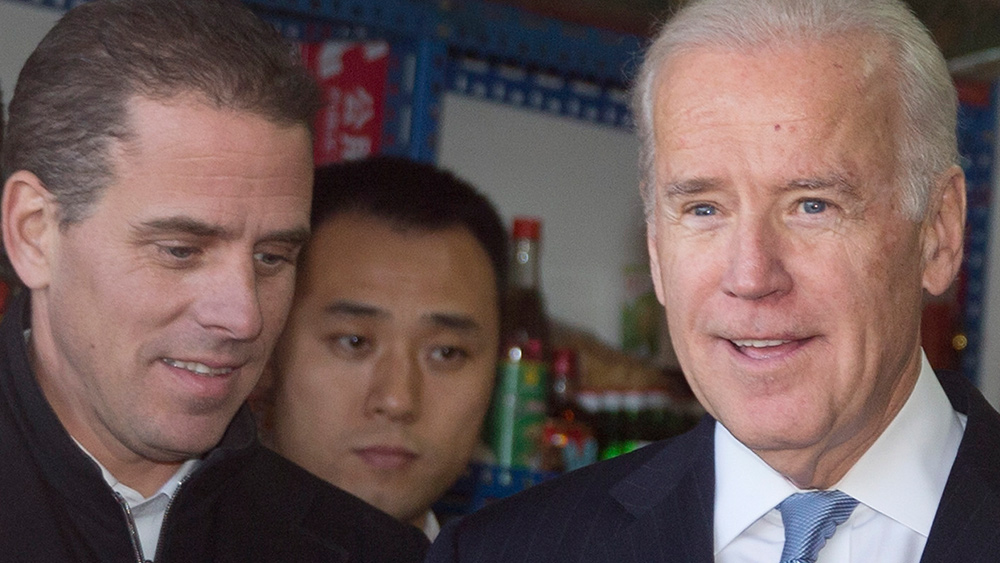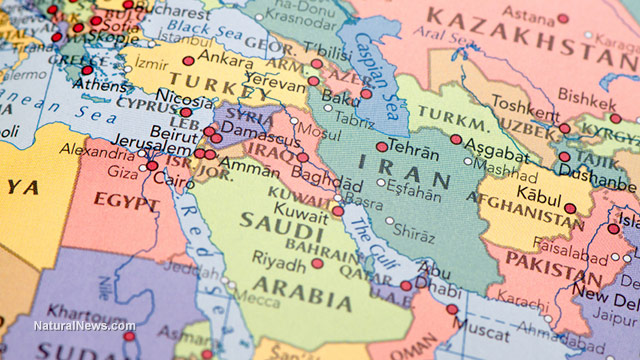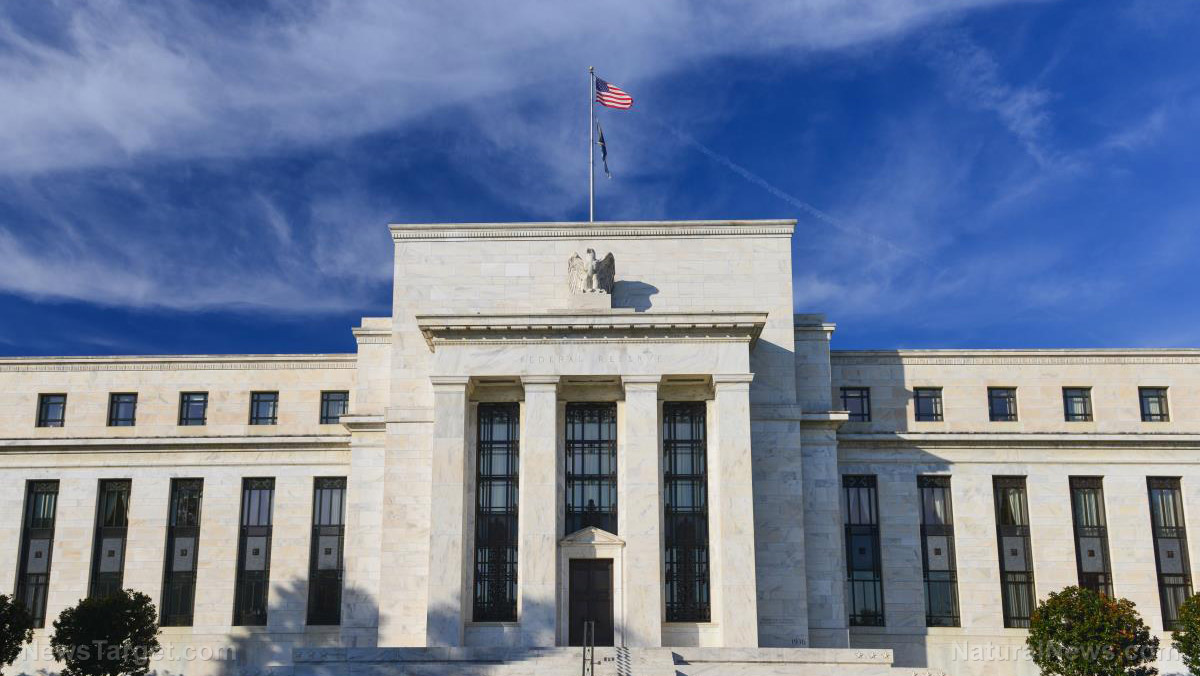UN proposes digital IDs linked to banks and mobile money accounts – another ATTACK on freedom and privacy
06/22/2023 / By Laura Harris

In an initiative led by the World Economic Forum (WEF), certain factions within the United Nations (UN) are advocating for the adoption of digital IDs that are linked to bank accounts, a proposal that has been criticized as a “chilling” attack on freedom and privacy.
These proposals emerged within three policy briefs that are part of UN Secretary-General Antonio Guterres’ vision called “Our Common Agenda,” which pursues further global cooperation during his tenure as the head of the UN.
Guterres’ vision for the future will be discussed and potentially approved during the UN-led “Summit for the Future,” scheduled for September 2024.
Proponents of these proposals claim that digital IDs linked with banks or mobile money accounts can improve the delivery of social protection coverage and better reach eligible beneficiaries. They also note that digital technologies may help reduce leakage, errors and costs in the design of social protection programs.
However, critics are not buying their explanations. They know it’s an attempt to control the population. (Related: Mark of the beast? UN rolls out biometric digital ID wallet and passport.)
Privacy experts worry about the proposal’s possible overreach
In a world where digitalization has become increasingly prominent, nearly one billion people are without any official proof of identity, leaving them unable to access vital public and private services.
The UN’s proposed future global financial system is intended to align with the 2030 Agenda for Sustainable Development. It would be governed by a yet-to-be-established “apex body.” Key actors in this system would include the UN Secretary-General, the Group of 20 bloc, the UN Economic and Social Council and heads of international financial institutions.
Digital ID encompasses both physical and digital artifacts associated with an individual, as well as the process of ensuring credibility and trust. Various forms of digital ID exist, from functional IDs like driver’s licenses to foundational IDs such as passports or national ID cards, providing proof of identity and enabling access to services.
Similar to the WEF’s approach, the UN aims to regulate the global digital future and emphasizes the importance of international cooperation and multiple stakeholders in shaping the principles, objectives and actions governing this future. They aspire to create an open, free, secure and human-centered digital environment.
However, critics believe that such a digital future, as envisioned by both formal and informal groups like the UN and the WEF, may not be as open, free or human-centered as claimed.
Critics argue that the increasing centralization and regulation of digital systems could infringe upon privacy, civil liberties and individual autonomy.
They warn that any negative impact from this scheme would not be evenly distributed but could disproportionately affect civil society or specific groups excluded from social benefits.
Visit PrivacyWatch.news for more stories about the dangers of digital surveillance systems.
Watch this video that talks about the UN’s push for the digital ID system.
This video is from the World Alternative Media channel on Brighteon.com.
More related stories:
Nigeria to become testing ground for Gates-backed, globalist-funded digital ID system.
Macron launches COVID jab digital ID program in France immediately after being reelected.
Sources include:
Submit a correction >>
Tagged Under:
big government, biometrics, computing, conspiracy, currency reset, cyber war, deception, deep state, enslaved, glitch, globalists, information technology, money supply, privacy watch, Tyranny, United Nations, world economic forum
This article may contain statements that reflect the opinion of the author
RECENT NEWS & ARTICLES
COPYRIGHT © 2018 MONEYSUPPLY.NEWS
All content posted on this site is protected under Free Speech. MoneySupply.news is not responsible for content written by contributing authors. The information on this site is provided for educational and entertainment purposes only. It is not intended as a substitute for professional advice of any kind. MoneySupply.news assumes no responsibility for the use or misuse of this material. All trademarks, registered trademarks and service marks mentioned on this site are the property of their respective owners.



